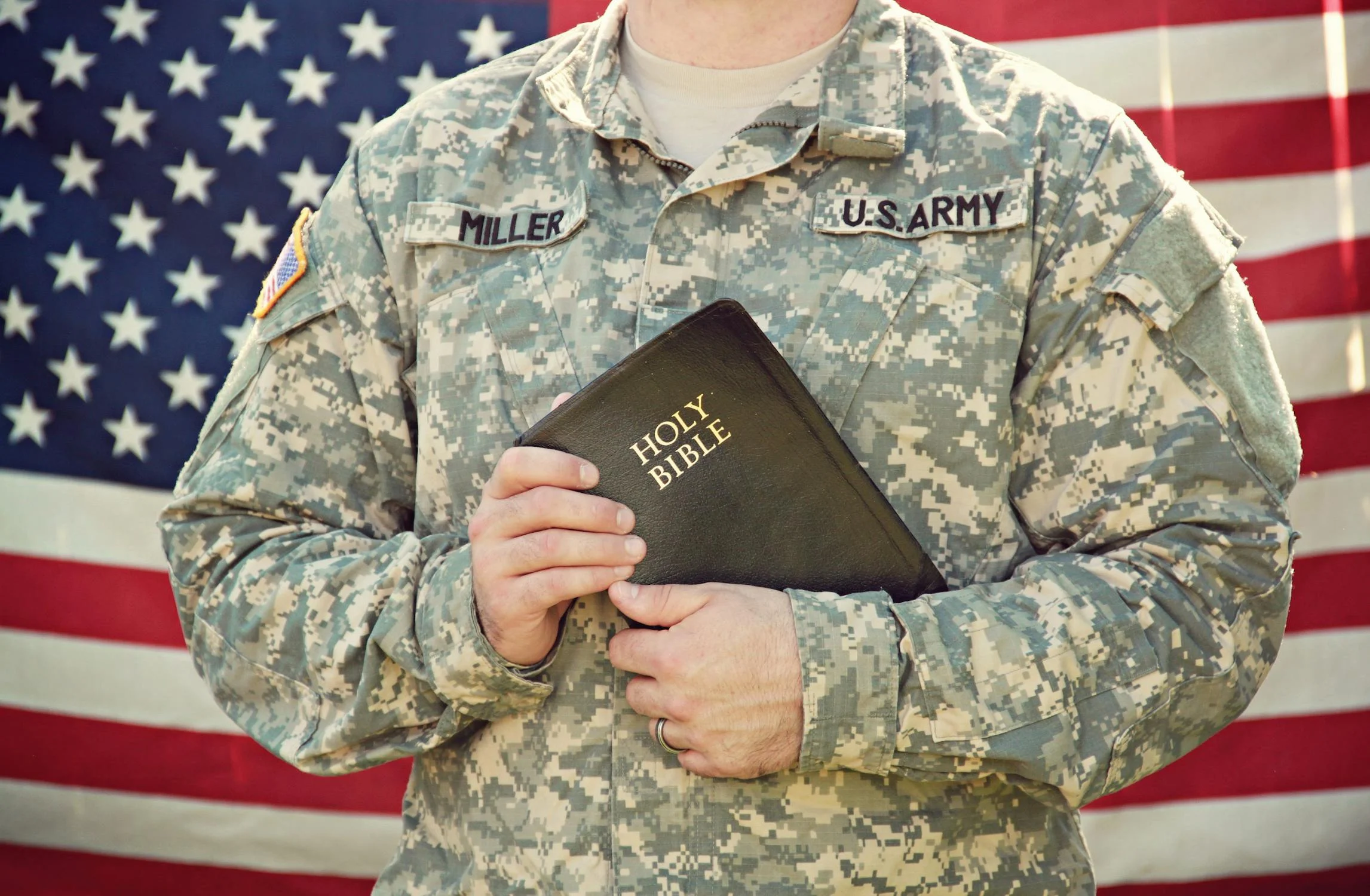The question of how a soldier can participate in war while adhering to the commandment “You shall not murder” (Exodus 20:13) has been a complex moral and theological issue throughout history. The Bible offers principles that can guide understanding and discernment in these matters, although it does not address the modern concept of “just war” directly.
Distinction Between Murder and Killing in War: The Bible makes a distinction between murder — the unlawful taking of innocent life — and killing in the context of warfare under specific circumstances. For instance, in the Old Testament, there were times when the Israelites were commanded by God to go to war (Joshua 8:1-2). These instances were seen as carrying out divine justice or fulfilling God’s commands and were distinct from murder, which is explicitly condemned.
Just War Theory: While the Bible does not explicitly outline the Just War Theory, this theory has been developed by Christian theologians over centuries, attempting to reconcile warfare with Christian ethics. The Just War Theory posits that war, while tragic, can sometimes be necessary and justifiable under certain conditions, such as self-defense, protecting the innocent, and restoring peace and justice. These principles aim to limit the reasons for going to war and the methods used in warfare.
Role of Authorities: Romans 13:1-4 discusses the role of governing authorities as servants of God, who bear the sword to bring punishment on the wrongdoer. This passage has been interpreted to suggest that soldiers, acting under the authority of the government, may participate in war as part of their duty to protect and serve their country, assuming the war meets criteria for being just.
Seeking Peace: The overarching message of the Bible emphasizes peace and reconciliation. Matthew 5:9 says, “Blessed are the peacemakers, for they will be called children of God.” Christians are called to be ambassadors of peace, seeking peaceful resolutions whenever possible and advocating for justice and righteousness.
Personal Conscience and Discernment: Each individual must prayerfully consider their participation in any military action, seeking guidance from God, the Holy Scriptures, and the counsel of wise and godly people. The complexity of modern warfare often makes these decisions challenging, requiring a discerning heart sensitive to the leading of the Holy Spirit.
Divine Forgiveness and Healing: It’s important to remember the Bible’s message of grace and forgiveness. Those who have participated in warfare and struggle with their actions are offered forgiveness through Jesus Christ. Psalm 34:18 reminds us, “The LORD is close to the brokenhearted and saves those who are crushed in spirit.”
In conclusion, while the Bible does not provide a direct answer to the modern concept of just war, it offers principles that help believers navigate the moral complexities of warfare. Soldiers and believers are encouraged to seek God’s guidance, prioritize peace, act justly, and rely on God’s grace and forgiveness in their lives.





Leave a Reply